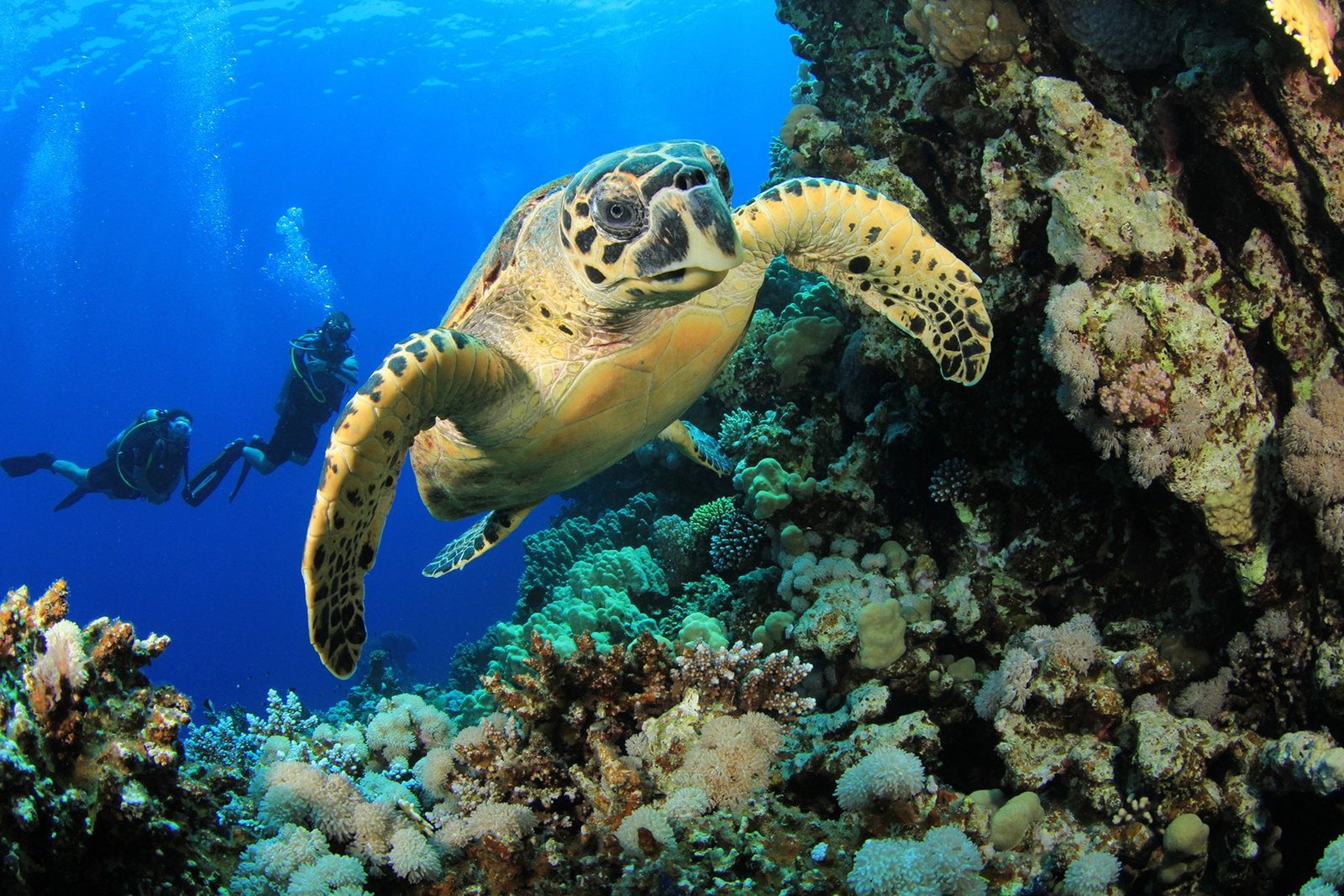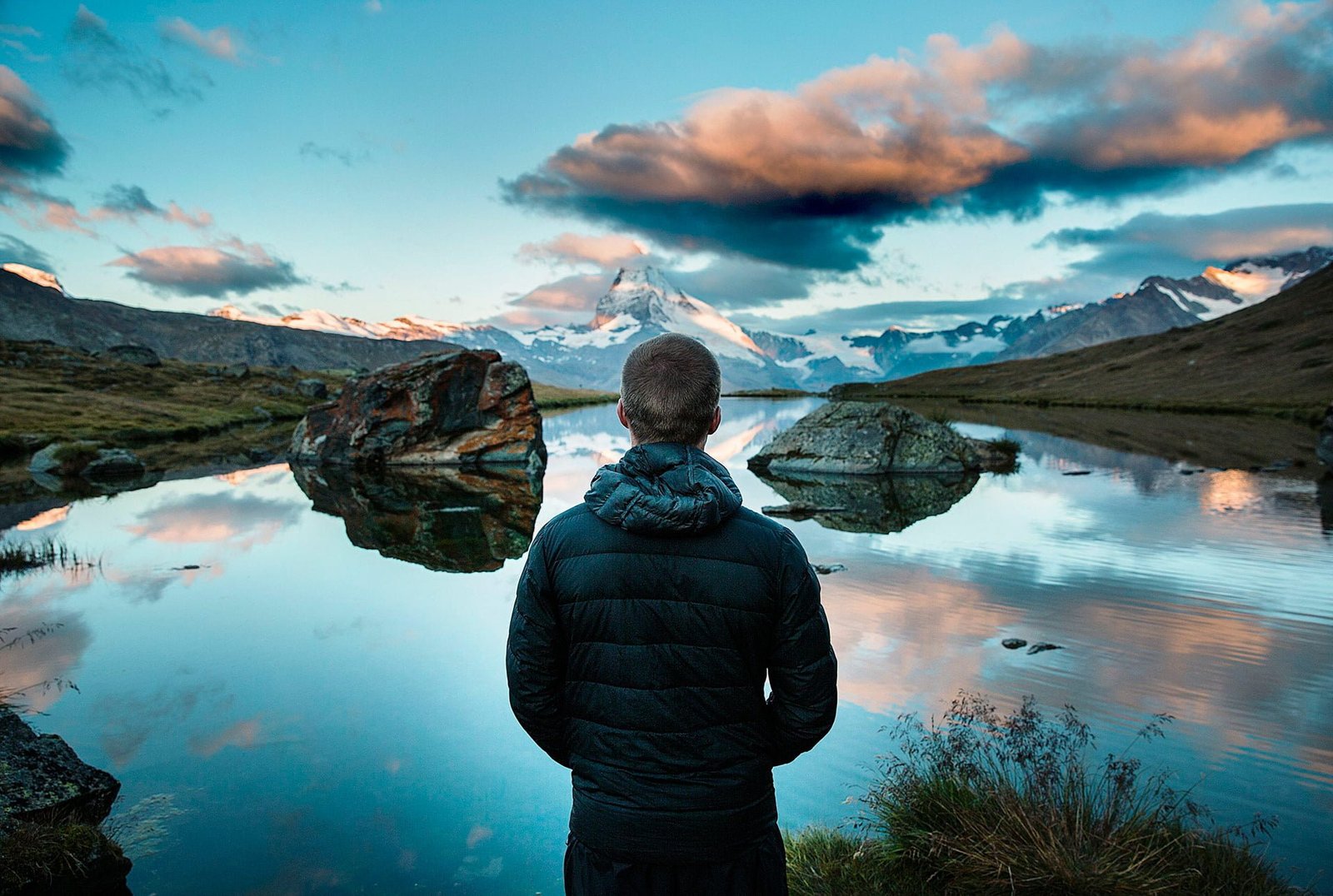The importance of the role of the traveller in the financial / cultural / environmental balance of destinations.
Sustainability is a term that has been a hot topic in recent days, but that can have different meanings in its interpretation. For me, it was a matter with which I associated more its environmental aspect, but throughout my travels I quickly realized that sustainability is present not only in the environmental aspects of nature, but also in human and social nature as well.
Travelling is one of the most efficient ways to enrich our knowledge, there is no doubt about that. But how can we also amplify our contribution to the planet and societies through travelling? From measuring our carbon footprint, humanitarian aid to the financial contribution, the traveller’s impact on destinations can – and should – be positive. In all my travels we have visited vulnerable cultures in some of the most remote corners of the planet. I feel privileged to be able to provide other travellers with the opportunity to have a direct contact with autonomous cultures and almost immaculate landscapes. But until then, here are some tips for those who have not yet had the opportunity to put these issues into practice!
Appreciation through deprivation
When we are put out of our comfort zone, we learn to value (even) more the things we take for granted. And I don’t mean a fluffy mattress or access to taps with running hot water – basic things such as access to drinking water, which seems so obvious to us, doesn’t exist everywhere. When water is distilled, purified or simply boiled, it becomes drinkable – safe to consume – but it loses its minerals that are so important for our health, and especially in health on the go, such as sodium (important in the regulation of plasma volume, in the conduction of nerve impulses and in muscle contraction), chloride (important for the blood and that prevents it from becoming too alkaline) and potassium (whose main functions are reflected in the neuromuscular activities). Of course we are talking about small amounts, but in the long run, the body notices these absences, and manifests its deficiencies. Only after having travelled a long time without access to mineral water did I gain a whole new respect for the water I drink every day. I am lucky enough to live in Portugal, a country (still) vast in rich water sources, the best in the world, easy access and reduced cost.
But what about when we get to destinations like Mongolia, where much of the country is a desert, most of the population has a nomadic lifestyle, and where we have no mineral water, neither bottled nor on tap? Here too, most drinking water is obtained from natural resources such as springs and rivers, but must always be purified, as it contains in its composition microorganisms to which our bodies are not familiar. It is this treatment that demineralises the water.
However, rationing water also gives us a new insight into its value: learning to manage day-to-day life with a limited number of gallons of water, rather than simply turning on a tap and using the amount we (think we need) without a sense of how much water is actually being spent. A tap open for just 5 minutes gushes, on average, 60 liters of water. I can tell you that in Mongolia, I learned to manage 50 litres of water a day for four people – not only to drink, but also to cook and do basic daily hygiene. That makes you think, right? Of course, here the valuation sounds a little extreme and even exaggerated, because it is a much smaller amount than we needed… but the truth is that it is starting to happen already in some cities, such as Cape Town, South Africa, where the daily limit is already that same 50 liters per day.
Financial Appreciation
We who travel are privileged. One of the many questions I am asked when I travel, in destinations, is “why do I travel?” What do I do there, why? In many places in the world, one does not travel for pleasure, only out of necessity. Like refugees, the great exoduses result from political or environmental conflicts. They travel for lack of local resources, for work. But few are those who travel for pleasure. How lucky are we?
So when I travel, why invest financially in the big international chains, when we can help sustain the local economy? Why go to McDonalds in Beijing when I can eat at the local market? Why sleep at the Hilton, when we can stay in a good local hotel, with similar conditions but that overflows with culture, and we invest in this economy?
This is likely to be one of the most sustainable solutions with the greatest impact in the shortest period of time. It is often my decision to stay with the locals that help me learn and better understand the destination better, as well as its social structure of local families and businesses.
Cultural appreciation
On many of my travels I have done (and do) volunteering and other cultural experiences, such as participating in local festivals and/or celebrations, and I try to provide that experience with those who travel with me as well. Instead of taking part in dedicated expeditions, we immersed ourselves in local celebrations with local families. We gain a whole new respect for those who host us, we understand the culture, we promote our dedication and we are still reimbursed with the gratitude of those who receive us, for the interest shown by the genuineness of our visit.
In Mongolia we participate in some of these celebrations, without ever understanding anything of their language, and without them understanding anything of ours. But there is something magical here, a universal language that begins with a smile and unfolds with the true human spirit – there are things that do not need translation. An hour of this exchange of experiences is worth more than many books read in a library. And sometimes this understanding of a new culture will also help us to be better in our essence.
It also involves respecting and adopting local customs. The most obvious example seems to me to be the way we present ourselves, or how we dress. In many cultures our micro-shorts are not well regarded. In temples, it is usually not allowed to show anything above the knee, nor shoulders, sometimes it is necessary to cover the head. Is this a sustainable issue? Yes. Sustainability is also about respect – when we disrespect a culture, we disrespect its essence, and without essence there is no longer the privilege of knowledge.
Traveller’s carbon footprint
This is a global – not local – factor. Our small gestures that reflect on a large scale, contributions that at first are insignificant, but that when adopted en masse translate into an enormous breath for the planet.
This, too, is one of the factors in which we opt for local public transport rather than private transport. We encourage the option of choosing brands that also have a reduced ecological footprint, that do not test on animals, that use recyclable materials. We encourage the use of canteens instead of plastic bottles, hygiene products that are chemical-free and that are not harmful to the environment.
Especially when we travel to those destinations without large plumbing networks, where I know that if I choose to use chemical-free shampoos and creams, the dirty waters of my baths, which can flow directly into local rivers and lakes, will not be (so) harmful to local life – I mean bacteria and fish, insects and birds, to fauna and flora in general.
Big attitudes require small decisions. And one by one, we managed to make this a better planet, so that we can travel it for many good years.
I hope this short text inspires you to be a more conscious traveller, and that it gives you the opportunity to come and see some of the most remote destinations on the planet with me!








